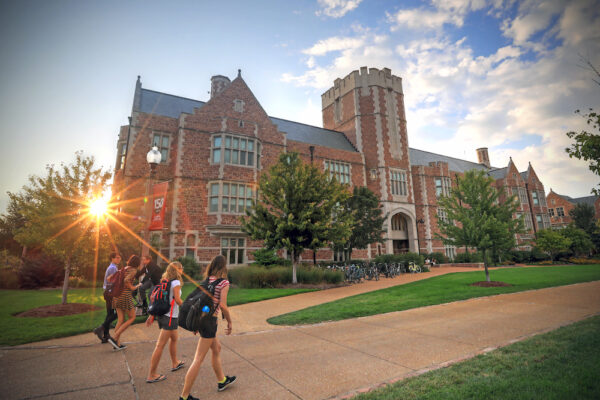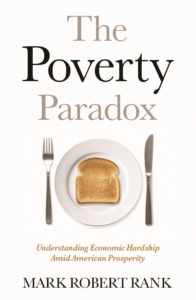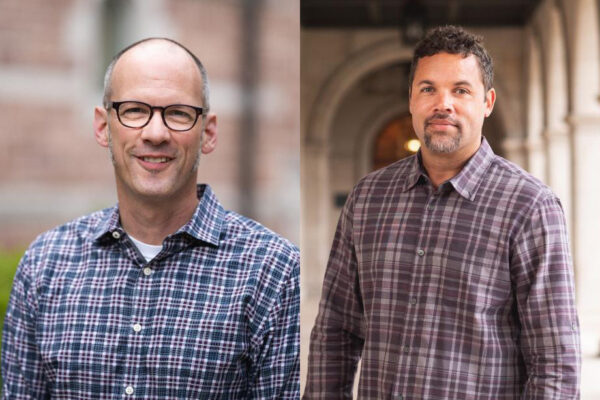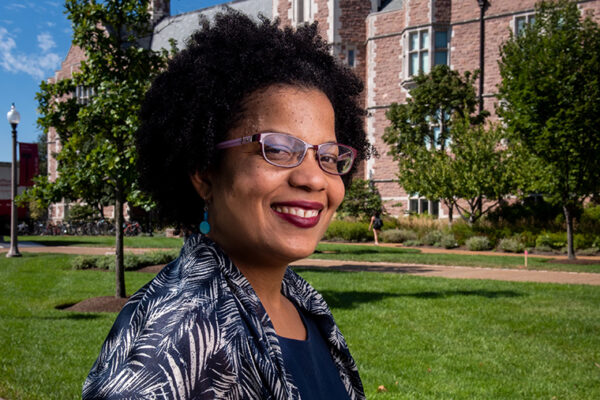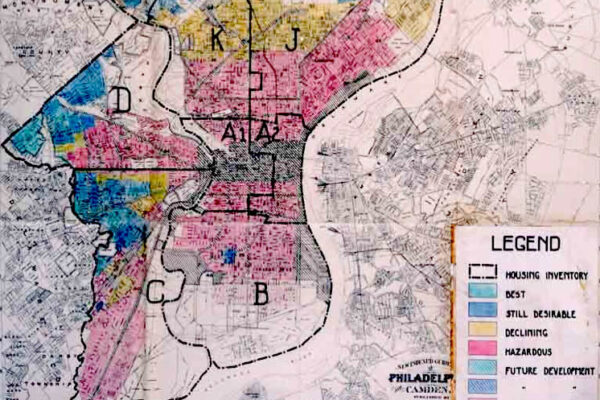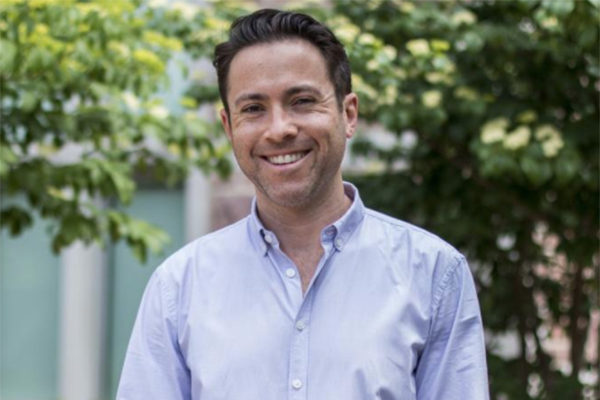Why pay transparency laws alone are not enough
Sociologist Jake Rosenfeld has a lot to say about the taboo subject of pay.
Wingfield elected president of American Sociological Association
Adia Harvey Wingfield, in Arts & Sciences, has been elected the 116th president of the American Sociological Association. As president, she will be responsible for leading ASA’s overall strategic direction and policymaking.
WashU’s Weidenbaum Center joins Harvard’s peer pre-review consortium
A new partnership between the Weidenbaum Center and Harvard University will give social scientists at Washington University the opportunity to receive constructive, anonymous feedback on their research at any stage. The program aims to improve scholarship and speed its publication.
White House cites Collins’ research in economic report
Research by sociologist Caitlyn Collins, in Arts & Sciences, was cited in the 2023 Economic Report of the President.
The Poverty Paradox
Understanding Economic Hardship Amid American Prosperity
The paradox of poverty amidst plenty has plagued the United States throughout the 21st century–why should the wealthiest country in the world also have the highest rates of poverty among the industrialized nations? In “The Poverty Paradox,” Mark Robert Rank develops his unique perspective for understanding this puzzle.
New book explores ways to combat economic injustice in America
How can the United States, one of the wealthiest nations on earth, have the highest rate of poverty among industrialized nations? In a new book, “The Poverty Paradox,” based on decades of research, renowned poverty expert Mark Rank, a professor at the Brown School, develops a unique perspective for understanding this puzzle.
Cunningham, Ward share Mellon Foundation grant
David Cunningham and Geoff Ward, both in Arts & Sciences, received a $500,000 three-year grant from the Mellon Foundation, along with collaborators from other universities, for the project “The Virality of Racial Terror in US Newspapers, 1863-1921.”
Luna named 2023 Distinguished Feminist Lecturer
Zakiya Luna, a Dean’s Distinguished Professorial Scholar of sociology in Arts & Sciences, has been named the 2023 Distinguished Feminist Lecturer Award winner by Sociologists for Women in Society.
Research reveals how redlining grades influenced later life expectancy
Research by sociologist Michael Esposito in Arts & Sciences shows how the racialized logic that informed redlining continues to influence the distribution of privileges and risks across neighborhoods, resulting in stark health inequalities.
Employees took advantage of the Great Resignation. Now the employers want revenge.
Something shocking has happened in the US economy in recent years: average workers have started to move forward. But when the period of low unemployment and rising workers’ power ends, without further legal support, workers’ bargaining chips are likely to disappear with it.
Older Stories


